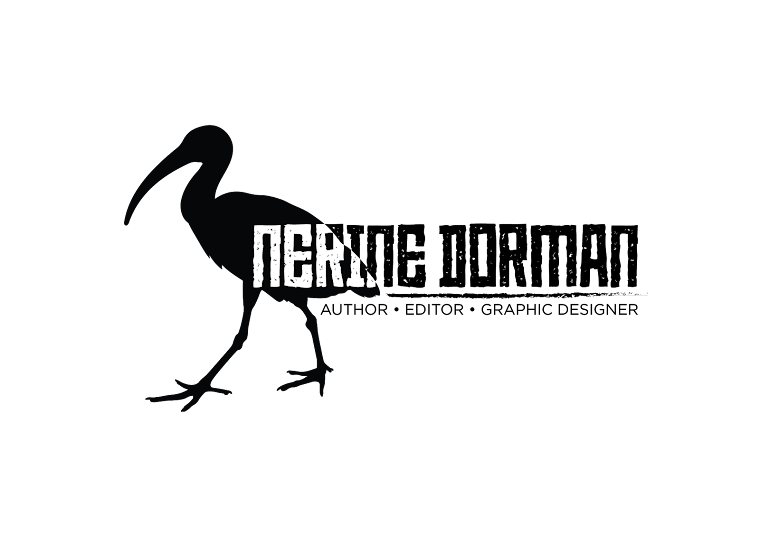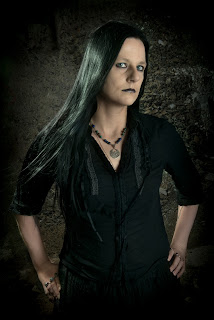 |
| Turnip Jack-o-lantern, Wiki Commons |
This is not going to be a post gaaning aan about the “reason for the season” for Halloween or Samhain or whatever it is you wanna call it. I live in the southern hemisphere. Any neo-Pagan worth his or her salt will know we’re actually celebrating Beltaine here this time of the year. But that doesn’t stop me from tapping into the energy from my brethren in the north, for whom October 31 is firmly a night to remember the dead. The shared subconscious doesn’t worry about such niceties of summer and winter.
Two years ago on this day, a close friend and mentor of mine passed away. Trust him to wait ’til October 31. He was forever the merry prankster. All things considered, 2010 in general hadn’t been a good year for me. I tried to tip myself over the edge too. Stupid in hindsight, but then due to various reasons I’m not going to go into, I wasn’t in my right mind, and at the time I didn’t see any point in remaining alive. No point in convincing someone that life’s worth living when they can’t see the forest for the trees. When they don’t feel as though they have anything meaningful to contribute to the world.
I had a reprise last year, or maybe these were ripples from the previous year, which culminated in me experiencing a seizure followed by a life-threatening medical condition and five days in hospital with near liver failure.
This year, I’ve got a lot to be thankful for. I’m sober. I haven’t intentionally drunk alcohol for almost a year. No more wild nights. Call me a boring teetotaller if you will, but my life is now underpinned by a sense of intense clarity, as though I can view the world through a lens that has been wiped clean of grime and bugs. What I feel the most? Relief. Relief that I don’t have to chase after illusory pleasures that dissipate in the garish light of dawn. Because that sort of pleasure, at the bottom of a bottle, can never satisfy. It is never enough, and the more you drink, the more that hole keeps getting bigger and bigger inside you until none of the wine in the world will ever fill the abyss. But I don’t expect you to understand, unless you’ve actually stood on the brink yourself.
Yes, I’m going to die one day, but there’s no sense in obsessing about the inevitable. There’s also no sense in engaging in the sorts of behaviour that will hasten that particular outcome. Death’s waiting for all of us. Might as well extract every ounce of pleasure from life, and engage in activities that promote life.
So what if I didn’t play guitar for more than a decade? There were always other excuses (too tired, too busy). Fuck it. I’ve been playing almost every day now for six months now. I indulge almost daily in the activity. It’s time I’ll never get back, but fuck it feels better than wasting my attention on social media talking about the pieces I’m intending to play or harping on about the bad old days. I played my first performance recently. I didn’t falter. That sense of accomplishment is without price.
Oh, walking the dogs. Seems a waste of time doesn’t it? Scum it. I’ll drag the husband out. We might [oh gasp] have a real conversation instead of him zombie-ing out with the PlayStation and me watering an imaginary garden that exists only on the internet. The pooches of course love the exercise, and we might not be burning calories at gym but at least we’re enjoying the environment in which we’ve chosen to live. I never saw much of it over the past few years because I was always hunched in front of a computer screen.
Hell, I’ve started reading. I mean *really* reading—not just fiction, but philosophy, biographies, histories. And I’ve been learning to do stuff. Stupid shit like crochet. I always talked about one day learning how to do this. I’m actually *doing* it now. Teaching myself as I go along. And oh, look, I’m *making* stuff. Finishing stuff.
For three years I chased an ideal of work, that by spending hours and hours of my life *after* work each day slaving away on editing other people’s manuscripts, that I could somehow become a better person, drag myself out of my situation, and make up for the chaos in my personal life. This was not indulgence. It was me hiding away, burying myself alive, making excuses as to why I was not living. I was the living dead.
So, October 31, this is the day I consider remembering not just my dead, but also my past harvests—whether they be poor or good. There is no beating myself up about mistakes, but there is acceptance, and commitment to move ahead. I own my mistakes, I remember them but instead of allowing them to become millstones, I use them to lay the foundations for building a living temple in which I enthrone the flame of my Self. A temple. Not a mausoleum.





.jpg)















.jpg)







